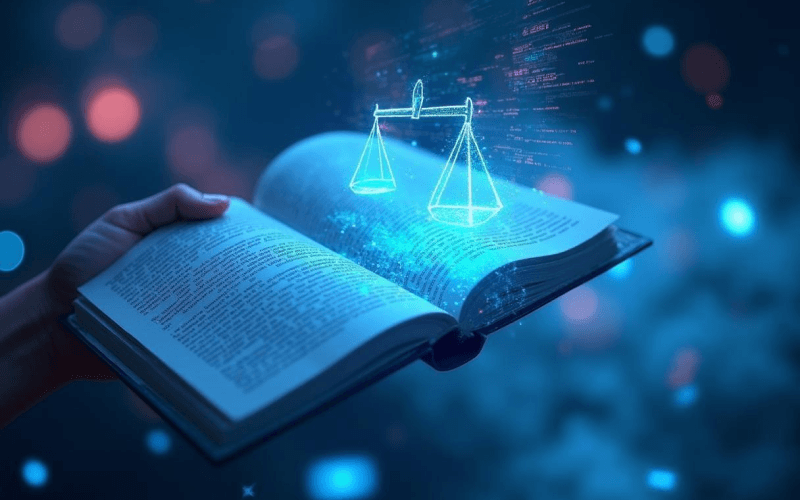
In court documents recently made public, the authors alleged that Meta, the artificial intelligence company behind the Llama model, knowingly used pirated versions of copyrighted books from a dataset called LibGen during its training process. The LibGen dataset, widely known in online communities, is said to contain millions of unauthorized copies of books distributed via peer-to-peer torrents.
The court filings claim that Meta’s CEO, Mark Zuckerberg, approved the use of this dataset despite warnings from the company’s AI executive team about its questionable legality. Internal Meta communications reportedly described LibGen as "a dataset we know to be pirated."
The authors initially filed their lawsuit in 2023, alleging that Meta misused their works to train its AI platforms, particularly the Llama large language model. This legal battle is part of a broader trend where creators accuse major companies of exploiting copyrighted works to develop AI systems.
Interestingly, U.S. District Judge Vince Chhabria dismissed some of the authors' initial claims, such as allegations that Meta’s AI chatbots generated text that infringed copyrights or unlawfully removed copyright management information (CMI) from the authors’ books. However, the authors recently presented new evidence, prompting the judge to allow them to amend their complaint, even as he expressed skepticism about claims tied to fraud and CMI violations.
This case underscores the ethical and legal challenges faced by AI platforms in their quest to improve artificial intelligence training processes. Many companies developing artificial intelligence in business and other sectors rely on vast datasets to train their systems. But where does the data come from?
The authors argue that using pirated books not only violates copyright laws but also undermines the creative industries that power AI development. On the other hand, some AI companies defend their practices by claiming "fair use," a legal doctrine that permits limited use of copyrighted material under certain conditions.
Artificial intelligence articles often focus on the potential of AI to transform industries. From innovative courses on artificial intelligence to its widespread adoption in business, AI platforms are reshaping how companies operate and make decisions. Legal artificial intelligence, for example, offers tools for lawyers to analyze case data, while AI certification courses help professionals upskill in this rapidly evolving field.
However, as this case demonstrates, the growth of AI development must address significant concerns about intellectual property rights. Transparency and accountability in artificial intelligence training courses will be crucial for building trust in this technology.
The court’s decision to allow the authors to file an updated complaint means this battle is far from over. The outcomes of such legal disputes may set important precedents for the artificial intelligence industry, particularly in areas like ethical data usage, copyright compliance, and the legal frameworks governing AI platforms.
For aspiring AI professionals, staying informed about developments in artificial intelligence platforms and information about artificial intelligence is more important than ever. Whether you're considering an AI certification course or exploring artificial intelligence in business, understanding the broader implications of these controversies will shape your journey in this field.
By clicking "Accept", you agree to the storing of cookies on your device to enhance site navigation, analyze site usage and assist in improving your experience.